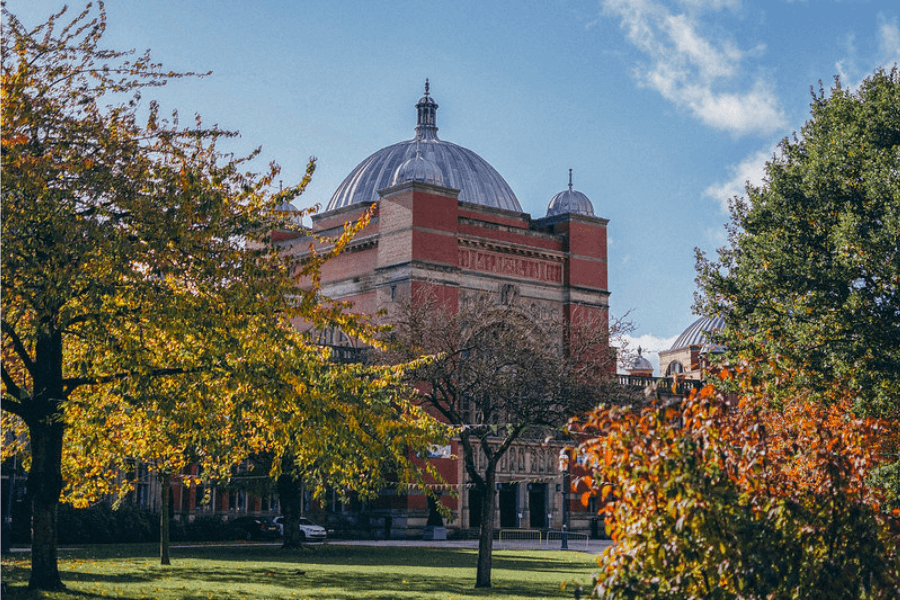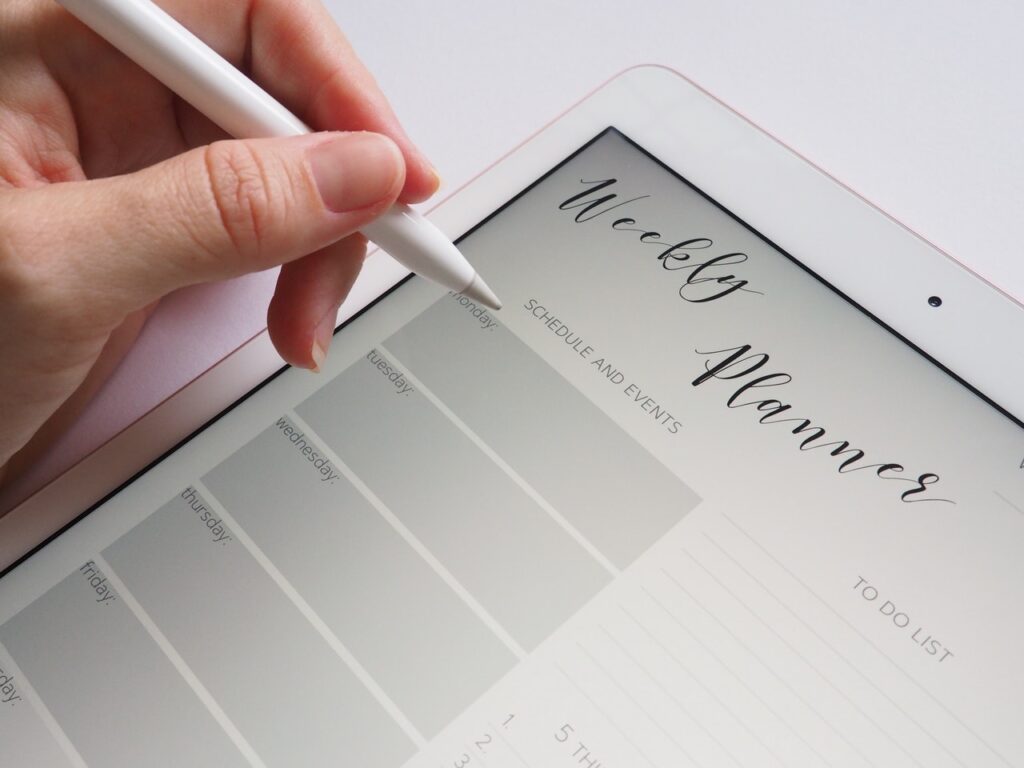PhD History student Agni Papamichael gives her top tips to prepare for PhD study.
Practical Preparation
These are things you’ve likely already taken care of, but they do bear repeating, especially if you’re new to Birmingham.
Before embarking on your doctoral journey, you’d definitely need to settle in your accommodation and register with a doctor. It would also be wise to become familiar with our wonderful, large campus, as well as with public transportation routes, schedules and prices. As a student, you might be eligible for a 16-25 Railcard discount even if you’re older than 25, so try applying for one!
It is equally important to explore your funding options. Apply for scholarships and awards at every opportunity, as winning one is both financially beneficial and very important for your academic profile. In addition to this, consider working part-time at the University of Birmingham to earn some extra money without sacrificing too much of your study- and rest-time.

Academic Preparation
Studying for a PhD begins before you officially start your course. I recommend that you treat PhD work as a full-time job, so, if it works for you, try dedicating five eight-hour working days to it, and do your best to meet your deadlines. At an early stage, being well-versed in your research topic’s key bibliography is a smart way to prepare for thesis drafting and your first supervision meetings.

Speaking of which, it’s absolutely normal to feel nervous the first few times, and you should always maintain respect and professionalism towards your supervisors. However, remember that they are committed to helping you. Hence, by all means, share your ideas, questions and concerns with them!
Furthermore, learn about your department’s academic staff’s work, and don’t hesitate to ask for their help with topics beyond your and your supervisors’ expertise. I also encourage you to become a member in academic societies relevant to your research. This will help you establish your presence in academia, expanding your access to funding, public presentation, and publication opportunities, which you should actively pursue. Whether through attending, reading, organising, editing, or contributing, conferences and journals offer fantastic ways to project your work and interact with other scholars, and they are crucial steps in the early stages of your career as a researcher.
Mental Preparation
Practical and academic preparations will amount to nothing if you’re not mentally prepared for your new journey, which will be wonderful and illuminating, as well as frustrating and lonely. Be patient and forgive yourself for taking some time to adjust and for feeling overwhelmed. It’s normal.
Overworking can take a serious toll on your physical and mental health, so don’t forget to exercise and eat well, and never lose touch with your loved ones and with activities besides your PhD that you enjoy. Joining a club or society at the University of Birmingham is a wonderful way to socialise and keep up with your hobbies and interests. Take breaks and relax; your PhD is just a part of your world, not its entirety!
Most importantly, talk regularly to people, and, if you are in need, don’t be ashamed to ask for help.
